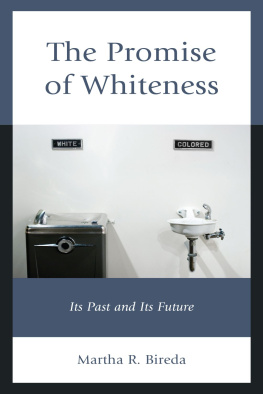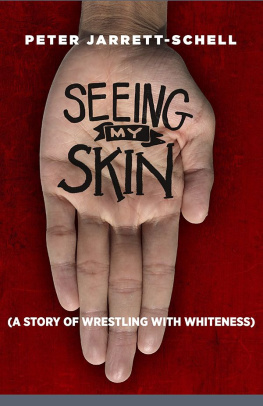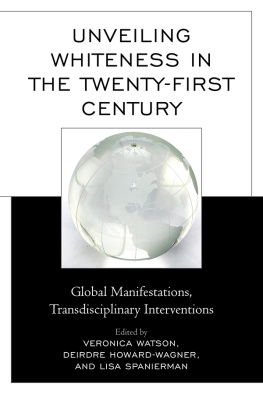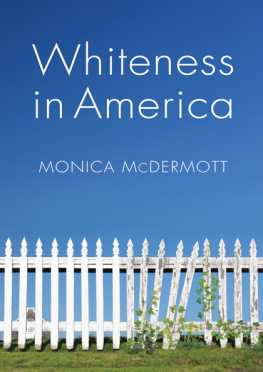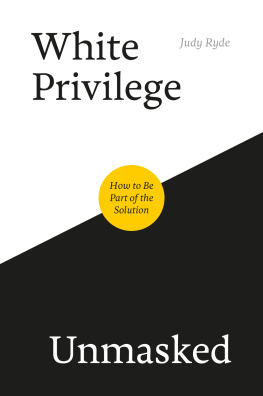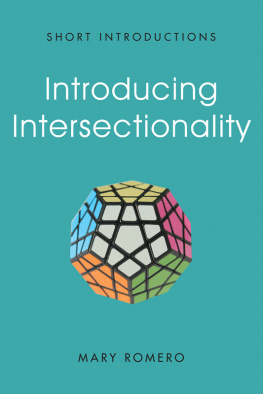This article defines and explores concepts of privilege, oppression, and intersectionality as they relate to the authors experience of being a white lesbian female. The Awareness/Acceptance/Action Model, used frequently in 12-step programs, is presented as a means by which to take initial steps to become aware of privilege and address oppression. Examples of the intersections between different forms of privilege and oppression are presented. Although the article is applicable to many different forms of privilege and oppression, the primary focus is on white privilege and lesbian oppression.
Introduction
As a white, middle-class, christian, nondisabled, North American, lesbian female, I experience both privilege and oppression. I experience privilege as a function of my race, socioeconomic class, christian identity, nationality, absence of disabilities, and presentation as the gender with which I identify. However, I also experience oppression as a female and lesbian. My privilege and oppression intersect with each other and influence each other. The purpose of this article is to discuss privilege, oppression, and intersectionality; present a model for becoming aware of and addressing privilege and oppression; and present examples of how privilege and oppression intersect in my life. Although I will discuss a variety of forms of privilege and oppression, the primary focus of this article will be on the intersections of the privilege I experience as a white person and the oppression I experience as a lesbian and female. This article thus makes a unique contribution by presenting examples of how different forms of privilege are affected by experiences of oppression.
Privilege, Oppression, and Intersectionality
Privilege
In her well-known essay, McIntosh (1989) defines white privilege as an invisible package of unearned assets that I can count on cashing in each day, but about which I was meant to remain oblivious (p. 10). McIntosh describes two types of privilege. Unearned entitlements are those that none of us should have to earn (McIntosh, 1989) and that include things such as feeling safe in public and working where we choose (Johnson, 2006). However, when these entitlements are limited to certain groups (such as white people), it becomes a form of privilege that McIntosh defines as unearned advantages. The second type of privilege McIntosh describes is conferred dominance; it gives one group the power to control others because of their race or sex.
As McIntosh (1989) notes in her definition, a key aspect of white privilege is its invisibility and the ability of white people to be oblivious to it. Consequently, it is not something I, as a white woman, see as having been bestowed upon me but is simply part of my landscape, part of the fabric of my life (Wildman, 1996). Until recently, being white was not something I was actively aware of because it did not appear to affect me negatively. Although I thought I understood racism, race was something that others had and not something that seemed to directly affect my life. As Potapchuk (2005) notes, I was blind to how the white race card was played every day in ways that benefited me and consequently I experienced what Johnson (2006) describes as the luxury of obliviousness (p. 22).
Obliviousness about white privilege has several consequences, including not having to think about being white (Johnson, 2006), not having to think about race and the impact of race on ones own life (Johnson, 2006), a lack of empathy for others experiences (Marsiglia & Kulis, 2009), and the perception that our lives are morally neutral and normative (Goodman, 2011; McIntosh, 1988) and are the standard by which others lives should be judged (Wildman, 1996). Although trained as a social worker and committed to addressing issues of inequality and oppression as a social worker and educator, I have struggled with many of these. Until recently, I have not understood how my white identity shapes my life and I occasionally still struggle with understanding this. I have struggled to be empathic at times and, despite understanding much more about systemic privilege and oppression, I still want to believe the myth that we live in a meritocracy, a myth McIntosh (1989) says I must give up in order to embrace my white privilege. I naively want to believe in a democratic society where everyone has a voice, where both white people and people of color contribute to defining norms. I want to reject Goodmans (2011) claim that I and others with privilege determine what is acceptable and unacceptable, what is valued and ignored (p. 16). The challenge for me and other white people is thus to give up our luxury of obliviousness, become aware of our white privilege, and identify ways in which white privilege affects both our lives and the lives of people of color. We must use the privilege we have to determine what is valued by acknowledging our privilege and using it to address the oppression and racism that permeate this society. I slowly began this challenge in the 1990s after reading McIntoshs (1989) article on white privilege. Twenty years later, the challenge still remains because as McIntosh (1989) notes, the pressure to avoid awareness of my white privilege is great and requires that I give up myths I have lived with my entire life.


